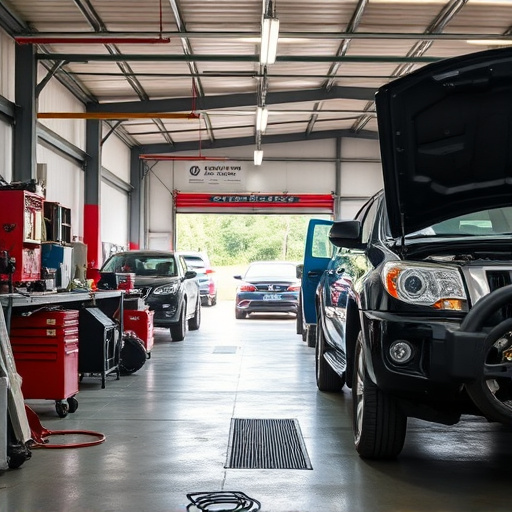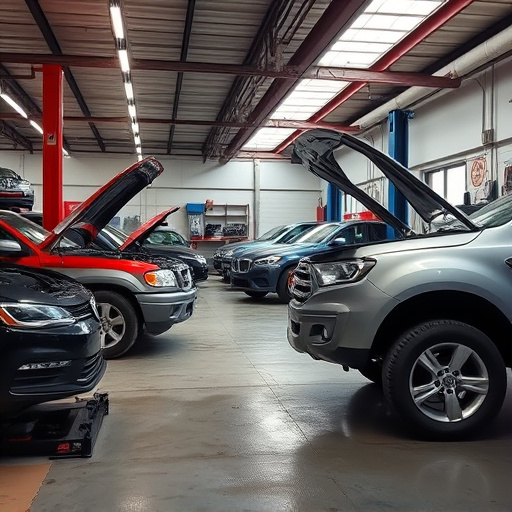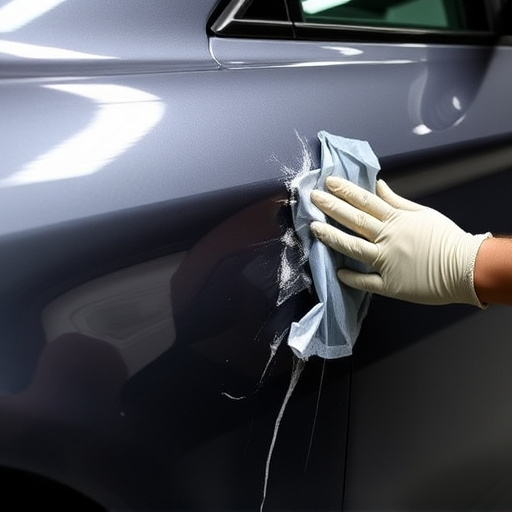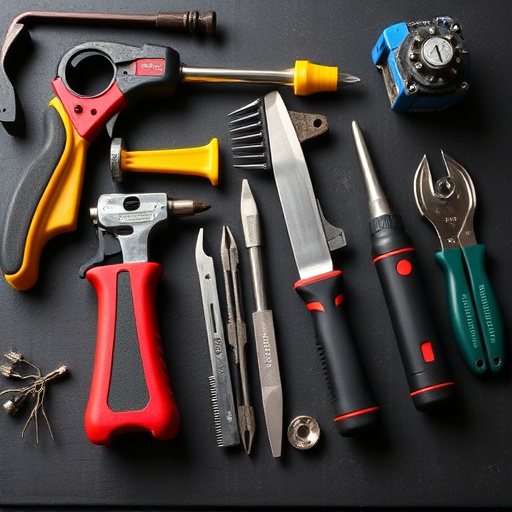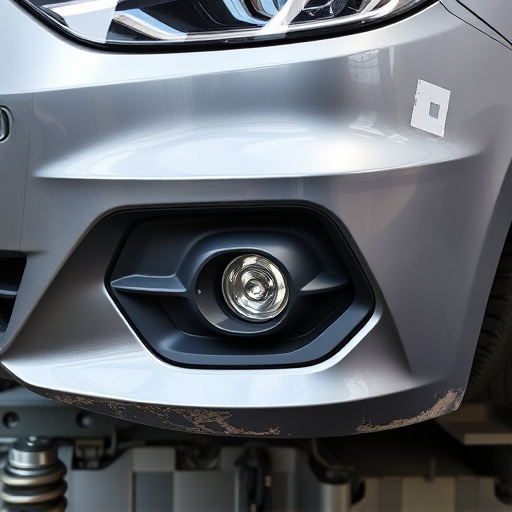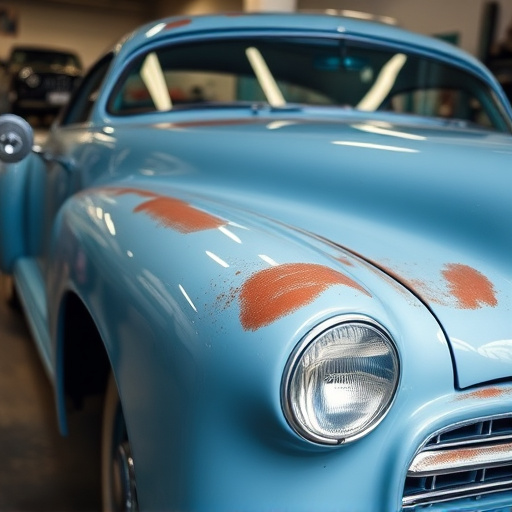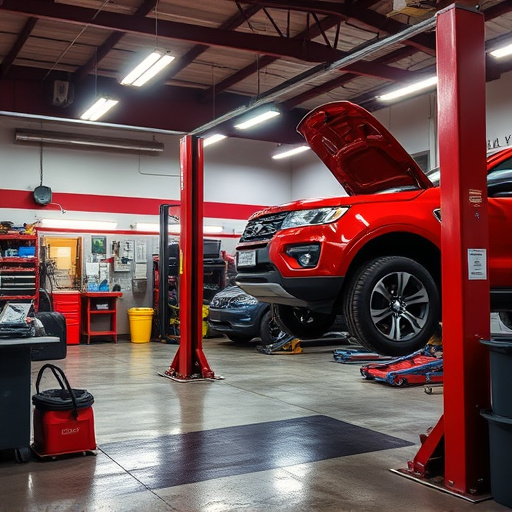Auto body cosmetic repair warranties protect vehicle owners by guaranteeing material and workmanship quality for a set period post-repair. Reputable shops disclose covered items like paint jobs and panel replacements, while extended warranties cater to commercial fleets. Understanding these warranties before service is crucial. Policies cover services like dent repair, scratch repair, and classic car restoration, with specific periods of coverage. Consumers should review warranties, document repairs, and communicate issues for efficient claims resolution, ensuring work meets quality standards.
When it comes to repairing the cosmetic aspects of your vehicle, understanding the warranty that accompanies such work is crucial. This guide aims to shed light on the guarantees offered by auto body cosmetic repair services, ensuring you’re protected against defects and substandard workmanship. We’ll explore what these policies cover, your rights as a consumer, and the steps to take when filing a claim. By understanding these warranties, you can confidently restore your vehicle’s appeal.
- Understanding Auto Body Cosmetic Repair Warranties
- What Is Typically Covered in These Policies?
- Consumer Rights and Claim Process Explained
Understanding Auto Body Cosmetic Repair Warranties
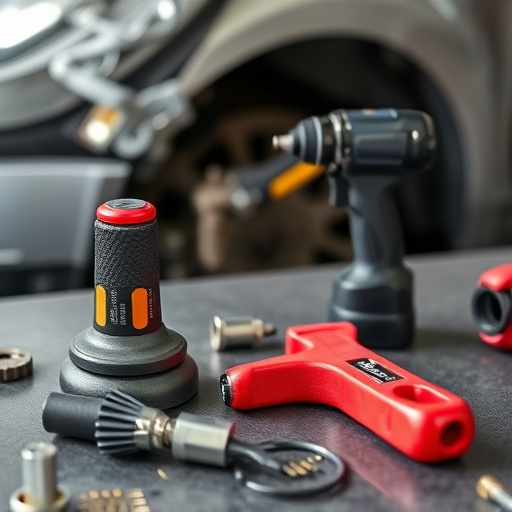
Auto body cosmetic repair warranties are designed to offer protection to vehicle owners, ensuring that their investment in restoration is secure. These warranties vary among automotive body shops and fleet repair services, but they generally cover defects in materials and workmanship for a specified period after the repair is completed. Understanding the terms and conditions of these warranties is crucial before engaging any body shop services.
When considering auto body cosmetic repair, it’s important to inquire about warranty policies. Reputable automotive body shops typically provide detailed information on what is covered, including paint jobs, panel replacements, and other cosmetic enhancements. The warranty may also extend to parts used in the repair process, such as paints and adhesives. Some fleet repair services offer extended warranties, especially for commercial vehicles, which can be beneficial for businesses with a large number of vehicles requiring regular body shop services.
What Is Typically Covered in These Policies?
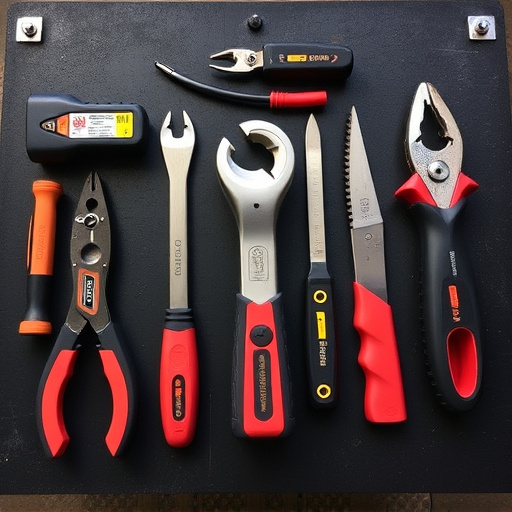
When it comes to auto body cosmetic repair work, the coverage offered by warranties can vary significantly depending on the service provider and the extent of the repair. Typically, these policies aim to safeguard both the customer and the repair shop by outlining what is included in the service. Most auto body cosmetic repair warranties cover a range of services including paintless dent repair, scratch repair, and even classic car restoration for older vehicles. These policies usually guarantee the quality of the materials used and the craftsmanship employed during the repair process.
Additionally, some warranties may extend to issues that arise due to defects in materials or workmanship within a specific period after the repair is completed. This can include blisters, cracks, or peeling paint. Coverage for vehicle dent repair, as well as other cosmetic enhancements like window tinting and chip repairs, are often included depending on the terms of the warranty. It’s essential for consumers to understand what is covered and excluded in their auto body cosmetic repair policy to ensure they receive the best possible service.
Consumer Rights and Claim Process Explained
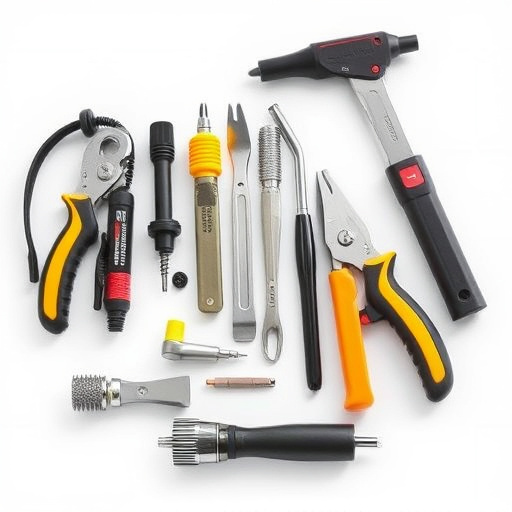
When it comes to auto body cosmetic repairs, consumers have rights protected by law. These rights ensure that any work performed on their vehicle meets specific standards and is carried out with quality and care. Understanding your consumer rights and knowing how to file a claim are crucial steps in ensuring satisfaction with auto body cosmetic repair services.
The claim process typically begins with reviewing the warranty or guarantee provided by the repair shop. Many reputable auto body shops offer warranties on their work, which can cover labor and materials for a specified period. This includes repairs like bumper damage, dent removal, and paint jobs. Consumers should familiarize themselves with the terms and conditions of this warranty, including what is covered and any exclusions. If an issue arises within the warranty period, customers can contact the shop to initiate the claim process, which often involves documenting the problem, providing repair records, and possibly visiting the facility for inspection. Prompt communication and record-keeping are essential to ensure a smooth claims process and prompt resolution of any vehicle body repair concerns.
When it comes to auto body cosmetic repair, understanding the warranty is key. These policies are designed to protect consumers, ensuring quality workmanship and materials. Typically, they cover repairs like paint jobs, panel replacements, and detailing for a set period or distance. Consumers should be aware of their rights and the claim process, which usually involves reporting issues within a specified time frame. By familiarizing themselves with these warranties, car owners can ensure peace of mind and maintain the look and value of their vehicles.


